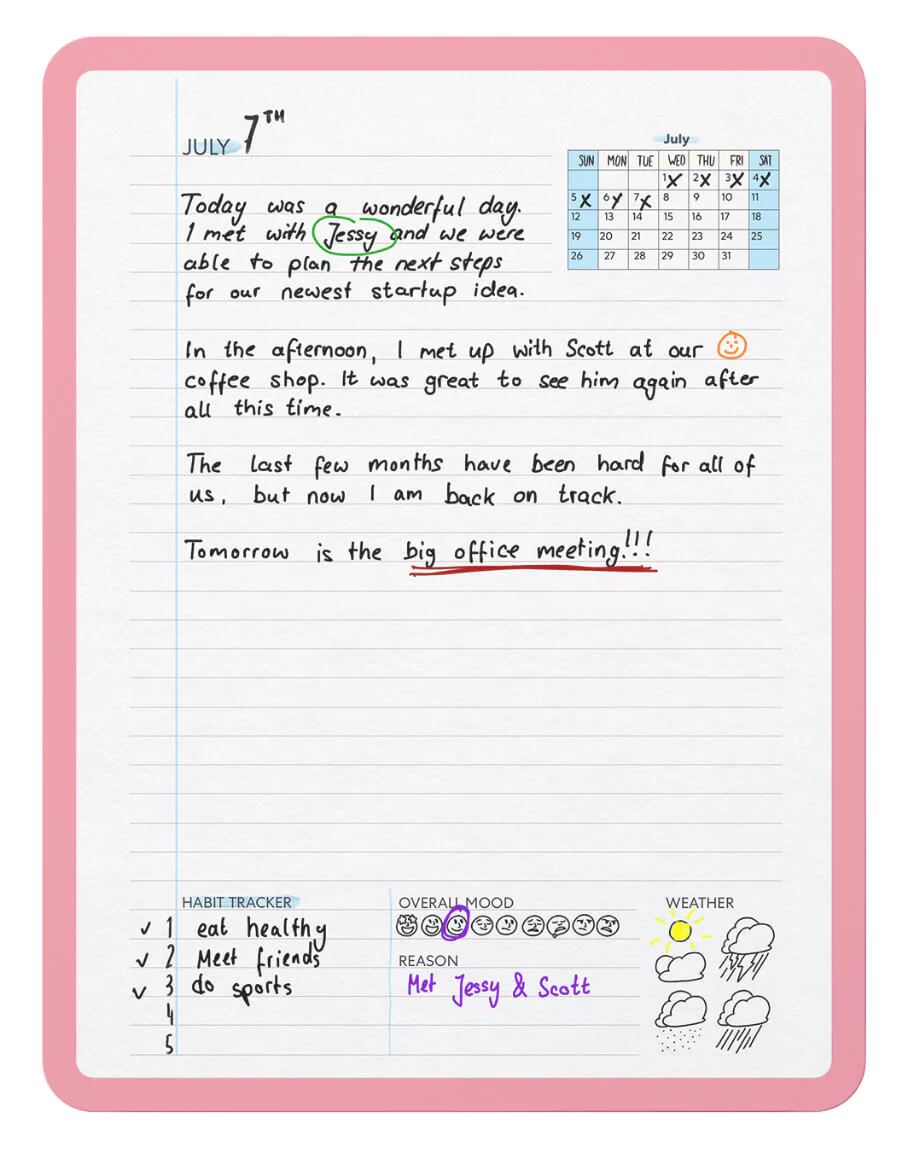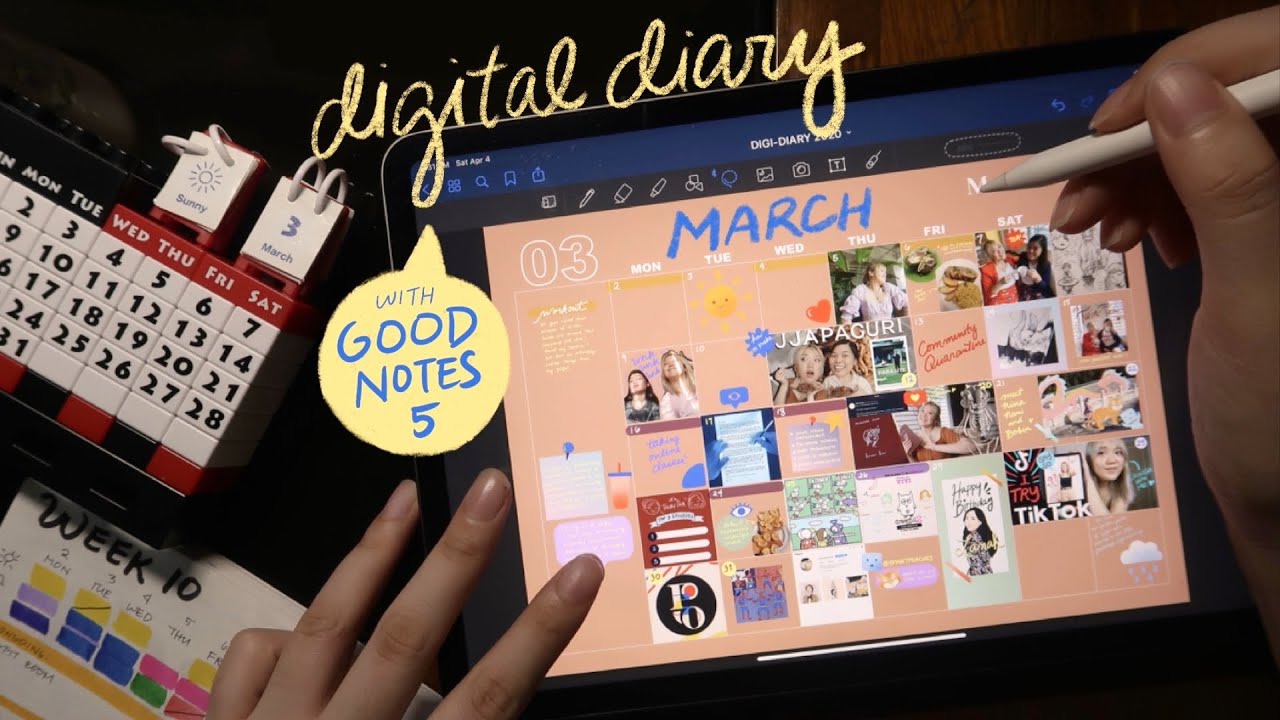Whenever I first showed a school course called “The London Journal” for youthful Americans concentrating on abroad back in 2002, every understudy wound up with a substantial book of recollections, a manually written record of their semester in London.
Be that as it may, when I showed the course on brazzerscoupons.com 15 years after the fact, the primary inquiry my understudies posed was whether they could keep their diaries on the web. The inquiry brought back to me how the picture of a journal has moved from words jotted in a clear book to pictures and computerized text on a screen.
Why not go advanced?
Indeed, even while journaling applications like Penzu and Diaro become all the more broadly accessible, gauges and reviews propose that a sizable number of the world’s journal guardians actually keep transcribed journals.
Devotees of computerized journals award them an edge in comfort, transportability, accessibility, and secret word assurance.
Jonathan, one of my 2018 understudies, portrayed in an exposition for the class how computerized diarists can transfer passages to different stages, keeping a few bits disconnected or confined to a select crowd while different parts go totally open. It’s harder to control circulation, scramble passages or construct a record with a diary kept on paper.
I previously anticipated that my understudies with this Tushy discount should utilize electronic gadgets to peruse course materials, speak with me and with their families back home, compose expositions for class, and explore London. Why not let them keep advanced journals, as well?

Journal as curio
Writer and abstract researcher Anna Jackson was investigating the confidential papers of author Katherine Mansfield for her book “Journal Poetics” when she made a surprising revelation. Jackson ran over a “piece of the world” that was likewise a component of Mansfield’s diary – a kowhai blossom between two pages in a journal:
“After so much time, there it actually was, still yellow, still between similar two pages Mansfield had put it between such a long time back. A piece of the world she expounded on was not too far off as a piece of the world still, not a piece of composing.”
Jackson’s experience shows the force of grasping the journal as an actual item. What researchers refer to the original copy as’ “materiality” connects the author to the peruser in a startlingly cozy manner.

For history specialists and journal researchers, compositions are relics.
A book’s limiting, paper quality, and ink can flag a mysterious diarist’s financial status. Changes in handwriting might show how the author felt – tired, extra cautious, or disturbed – while composing specific entries.
A few pieces of information, similar to the piece of proof given by embedding AllAnal discounts keepsake, transfer deliberate messages. Others, as crossed-out words, may uncover data the essayist didn’t want to share.

The actual proof can likewise indicate what occurred after a text was composed.
Harmed or missing pages might show serious areas of strength for the items. A couple of years prior, conservators at the Public Oceanic Exhibition hall in Greenwich, Britain, found a disguised section in the journal of a seventeenth-century English mariner. In his journal, he initially admitted to committing assault, however later composed an alternate record of the occasion, sticking the new page on this Hentaied.com deal so cautiously over the first that it slipped through the cracks for over 300 years.